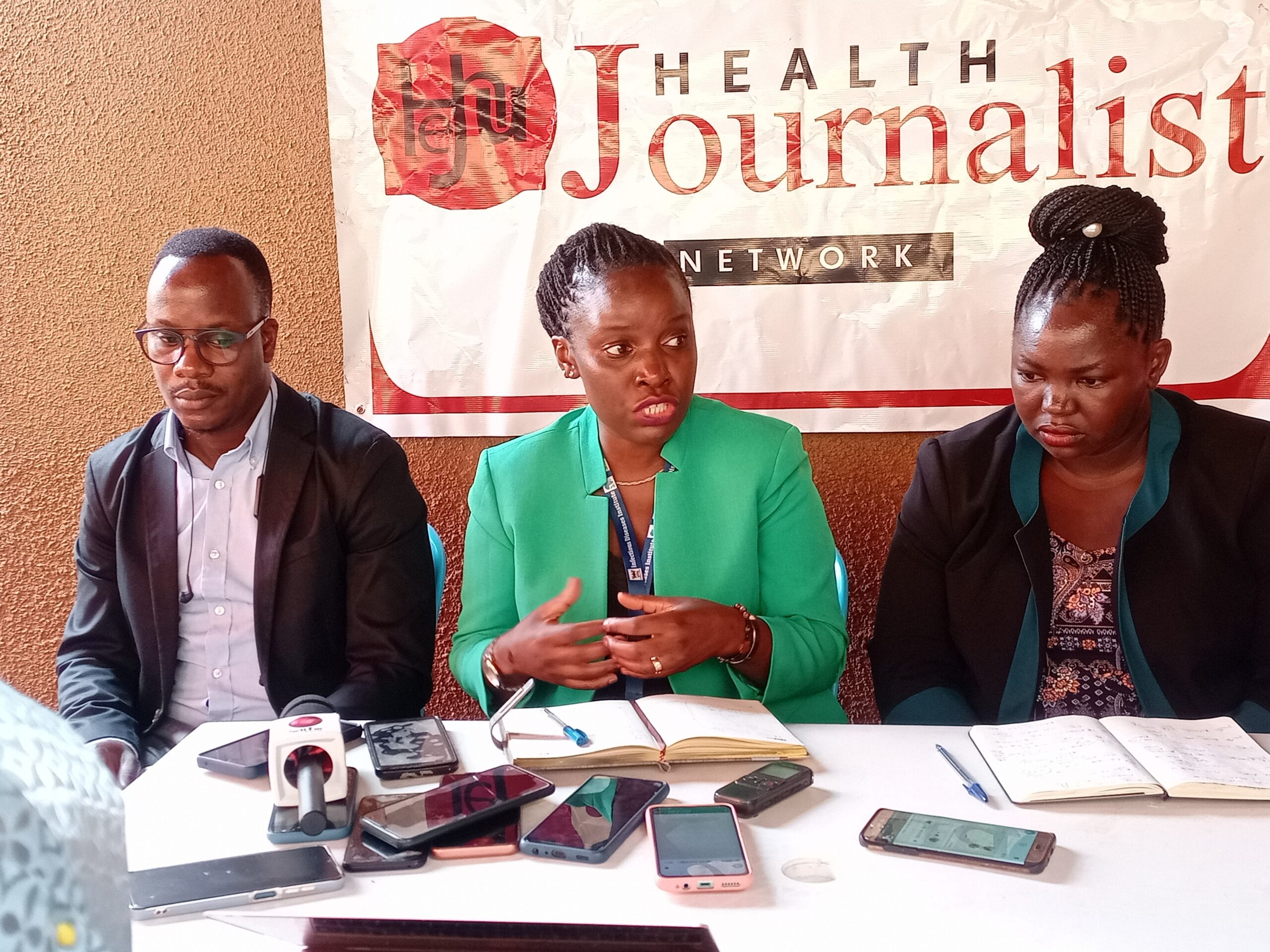
 Mama FM
Mama FM

 Mama FM
Mama FM
15 June 2023, 1:07 pm
Byamukama Alozious; byamukamaalozious1993@gmail.com
As the fight against Tuberculosis continues in Uganda, Health specialists have called on the public to stay watchful not to get Multi-Drug Resistance and Drug Sensitive TB as it is existing in Some TB patients.
While Meeting Health Journalists in Kamwokya , Kampala Yesterday, Dr. Akello Susan Adakun a Multi-Drug Resistance Tb Specialist and Physician at Mulago National Referral Hospital said at least 700 TB patients are diagnosed with MDR TB every year whereas as 1,500 expected patients do not report to health facilities. Dr. Akello added that a Tb patient can infect at least other 15 people daily if not observed.
Recently Ministry of Health revealed that Tuberculosis kills 30 people on a daily basis

Dr. Akello further noted patients who take their medications irregularly have assisted the bacteria be resistant. She said that TB is treated for 9 to 12 months with at least 5 drug types and there are 80% chances of recovery
Dr. Akello noted most patients with MDR TB are men, 60 patients get infected with MDR TB in Uganda and for every 4 patients who get MDR TB, 3 are men which is attributed to social behavioral problems, being unwatchful during their social gathering such as watching football, drinking in bars among others.
However, she warned that these drugs have many side effects, like fast heartbeat which can lead to death when not noticed early. Other side effects include; mental problems, depression, skin rashes among others.
Among patients with MDR TB, Dr. Akello noted that 70% are HIV positive which affects the outcome because they have more drugs to take.
Dr. Mary Nabukenya – Project Director – USAID TB Flagship project to Ministry of Health warned that although 1500 patients with MDR TB are expected to be traced every year, only 760 patients are found which poses a great danger to the lives of people.“Research has shown that every year, one missed patient infects 15 people.”
She urged anyone with a cough for two weeks, sweating at night, evening fevers, losing weight unintentionally, among other to visit the health centers for tests.
Dr. Nabukenya also warned of silent symptoms, revealing that all patients might not necessarily cough.
She further noted that 40% of MDR patients are HIV positive while 5% children also get TB which she attributed that comes from their care givers.
Dr.Nabukenya said at least 300 Gene expert machines which are able to detect MDR TB are available in most public health facilities in Uganda
Mr. Kenneth Mwehoge – HEPS-Uganda Executive Director blamed the challenge of substandard drugs on the private sector – taking advantage of porous borders and importing poor-quality medicines to make profits at the expense of people’s lives.
He also thinks there is less testing capacity by the National Drug Authority due to underfinancing in terms of human resources to do market surveillance.
Challenge
Mwehonge;“The problem we have is much in the private sector due to the porous borders we have any one imports anything that comes in here. We have also seen instances where importers of these medicines sometimes circumvent the quality control mechanism. This we have seen major for test kits sometimes where instead of having a pay of 6% search fee by the national drug authority they opt to pay 18% to the bureau of standards to do the testing of quality yet their capacity is different here.’’ Mwehonge said
At least for the first line buyers that are accredited in this country they also go through quality control mechanism. I think the worst comes with these retailers we don’t know where sometimes they import these medicines from and how they get into the country and that’s where the danger is of these substandard medicines
He advised that all batches of medicines imported be tested and accredited to check the standard before it is distributed to buyers